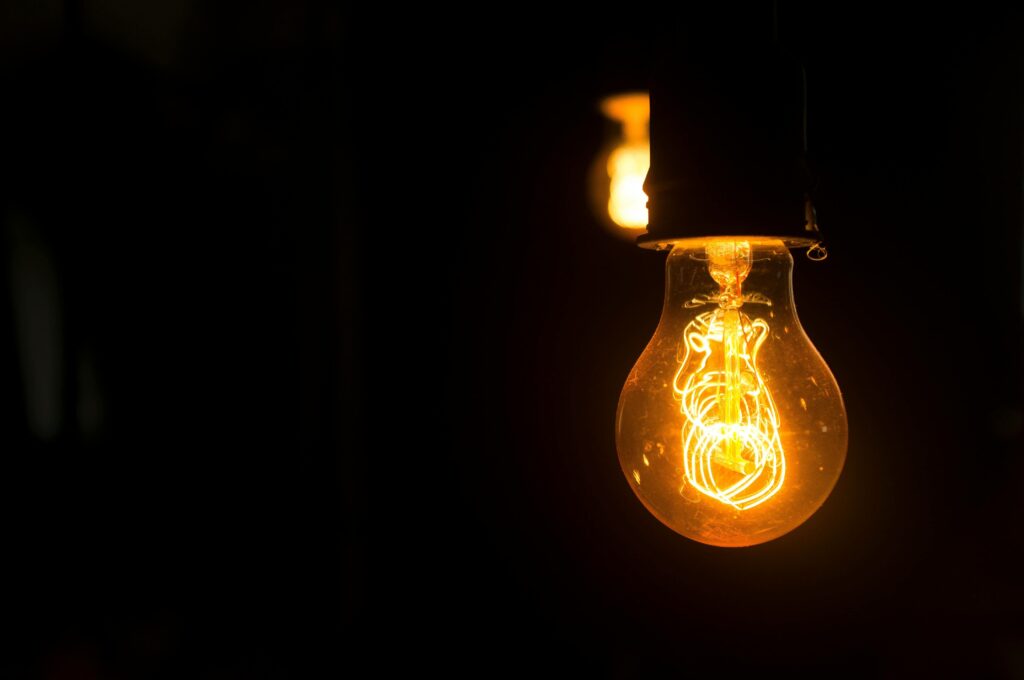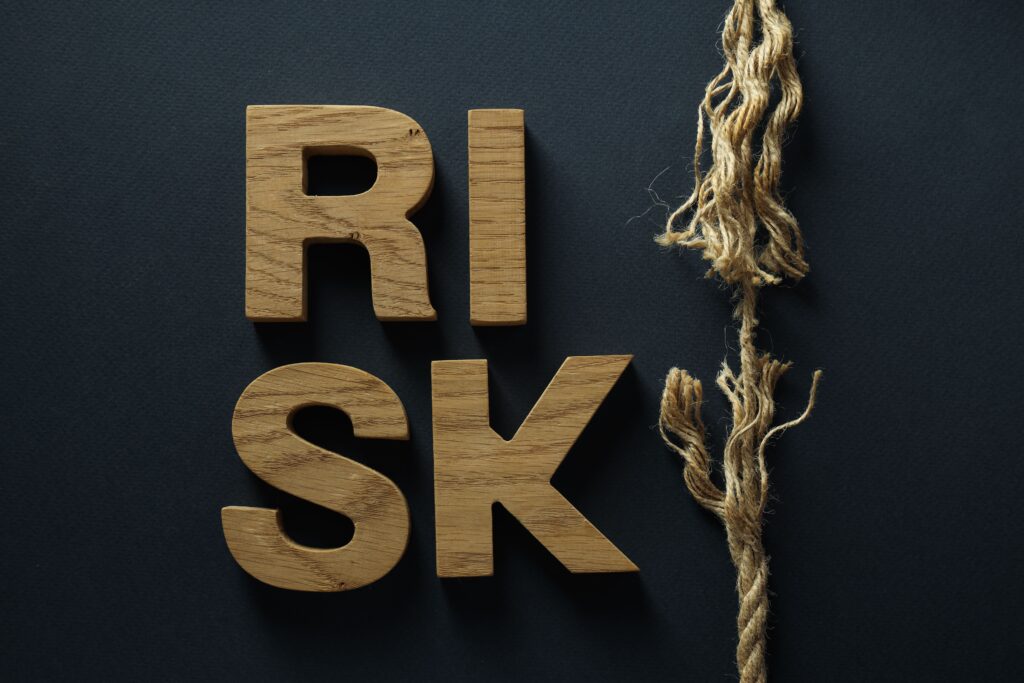For real estate beginners, foreclosed homes can appear as a fast track to securing a great deal. However, buying a foreclosed property is not without its risks and challenges. Understanding the process, recognizing potential pitfalls, and knowing how to seize opportunities are essential for making an informed decision.
In this blog, we’ll guide you through the steps to navigate the risks and rewards of purchasing foreclosed homes so that you can approach this investment opportunity with clarity and confidence.
Understanding What You’re Getting Into

Foreclosure occurs when a homeowner is unable to keep up with their mortgage payments, leading the lender to take possession of the property. The foreclosure process typically unfolds in three main stages:
1. Pre-Foreclosure
In the pre-foreclosure stage, the homeowner has fallen behind on mortgage payments but still retains ownership of the property. At this point, buyers may be able to negotiate a deal directly with the homeowner before the property is formally foreclosed. This is a great time to act if you’re looking to avoid some of the risks associated with buying fully foreclosed properties.
2. Lender Foreclosure Process
Once the lender initiates foreclosure proceedings, they seize the home and evict the homeowner. The property now belongs to the lender, often a bank. At this stage, the home may be sold at auction or listed as a foreclosed property for sale.
3. Post-Foreclosure Sale
After the lender has taken ownership, they can either sell the home immediately as a foreclosed property or hold onto it until market conditions improve. The latter option is often employed by lenders to maximize their returns, but it means buyers may encounter varying availability and pricing.
Risks of Buying a Foreclosed Home

While foreclosed homes can be appealing for their potential value, they come with several risks.
1. Foreclosed Homes Are Sold “As-Is”
Unlike traditional home purchases, foreclosed properties are sold “as-is,” meaning what you see is what you get. There are no guarantees regarding the condition of the property, and you may inherit problems such as structural damage, outdated systems, or pest infestations.
2. Competition Is Fierce
Foreclosed homes often attract a lot of interest from investors and house flippers, creating stiff competition. Properties may sell quickly, and buyers may need to act fast or risk losing out.
3. No Condition Disclosure or Guarantees
Lenders selling foreclosed properties are not required to disclose issues with the home. Unlike a traditional sale, where the seller might provide a property history, you’ll need to do your due diligence to uncover potential problems.
4. Foreclosures Don’t Always Make Sense
Not every foreclosed home is a good deal. Between repair costs, unexpected fees, and the competitive nature of the market, it’s important to carefully analyze whether a specific property fits your budget and investment goals.
Rewards of Buying a Foreclosed Home

Despite the risks, there are clear advantages to buying foreclosed homes when approached with the right strategy.
1. It’s Possible to Find Deals
One of the biggest draws of foreclosed properties is the potential to purchase below market value. If you’re willing to invest time and effort, you can find homes priced significantly lower than comparable properties in the same area.
2. HUD Homes Are Great for Owner-Occupants
Foreclosed homes owned by the U.S. Department of Housing and Urban Development (HUD) are often sold at a discount to buyers who intend to live in the property as their primary residence. This creates an excellent opportunity for first-time homebuyers or those looking to break into homeownership.
3. Add Value with Sweat Equity
For those willing to roll up their sleeves, foreclosed homes can be a blank canvas. Investing in repairs and renovations can significantly increase the property’s value, offering potential for profit or a more desirable living space.
Making the Right Choice
Buying a foreclosed home requires careful planning and an understanding of both the risks and rewards. To maximize your chances of success:
- Work with a knowledgeable real estate agent or professional experienced in foreclosures.
- Conduct thorough inspections and due diligence before making a purchase.
- Set a clear budget that accounts for possible repair and renovation costs.
By approaching the process with caution and preparation, foreclosed homes can become a rewarding investment for beginners and seasoned buyers alike.
Are you ready to explore the opportunities in the foreclosure market? Check out our blog for more tips and insights to help you make smart real estate decisions!


